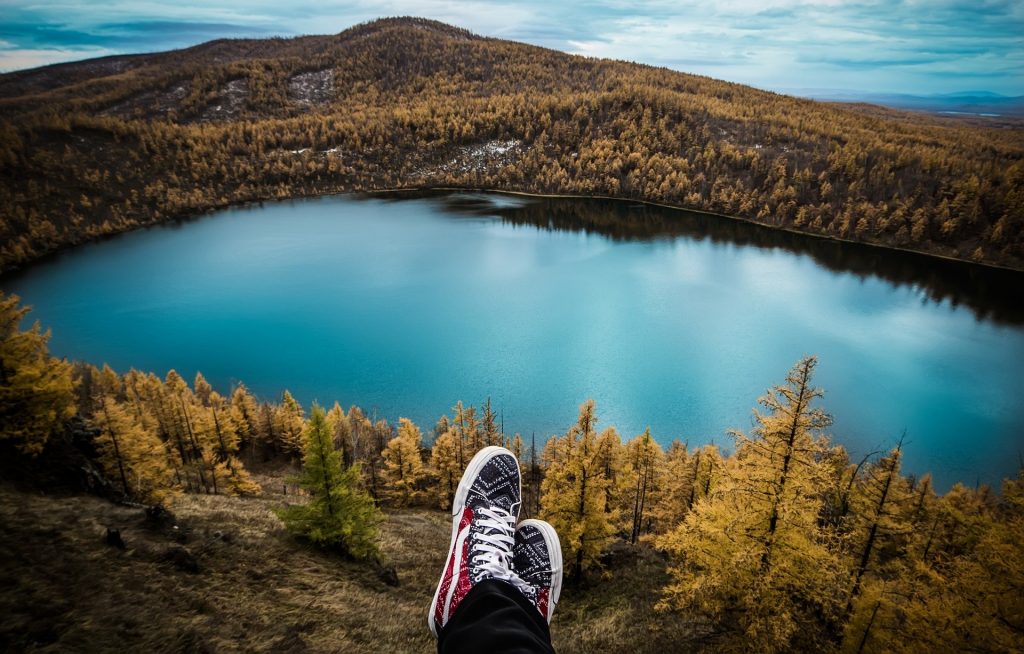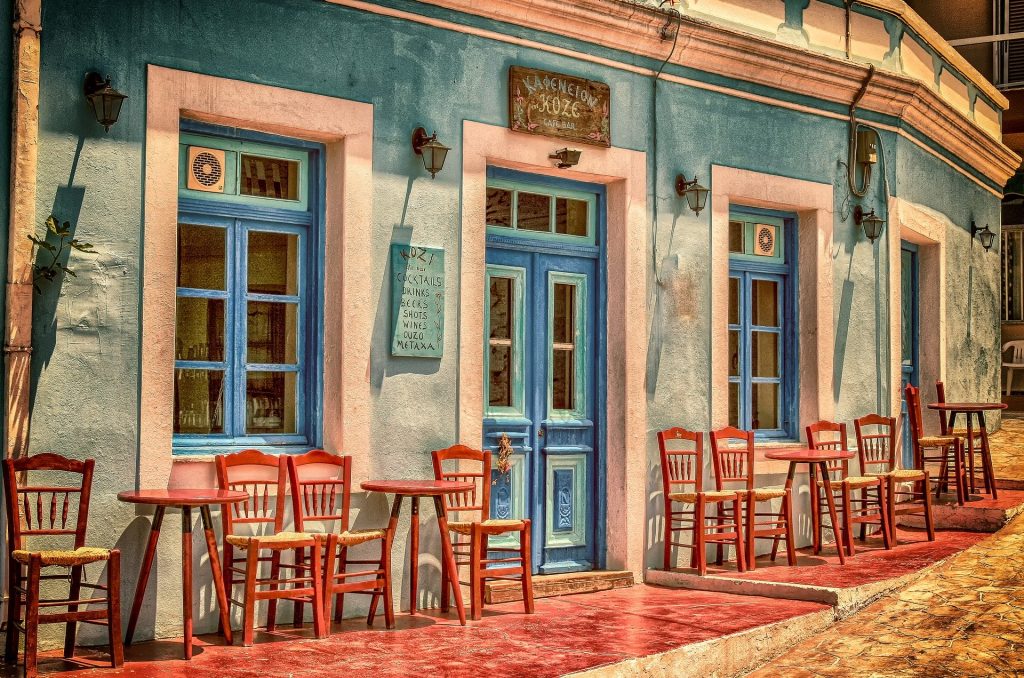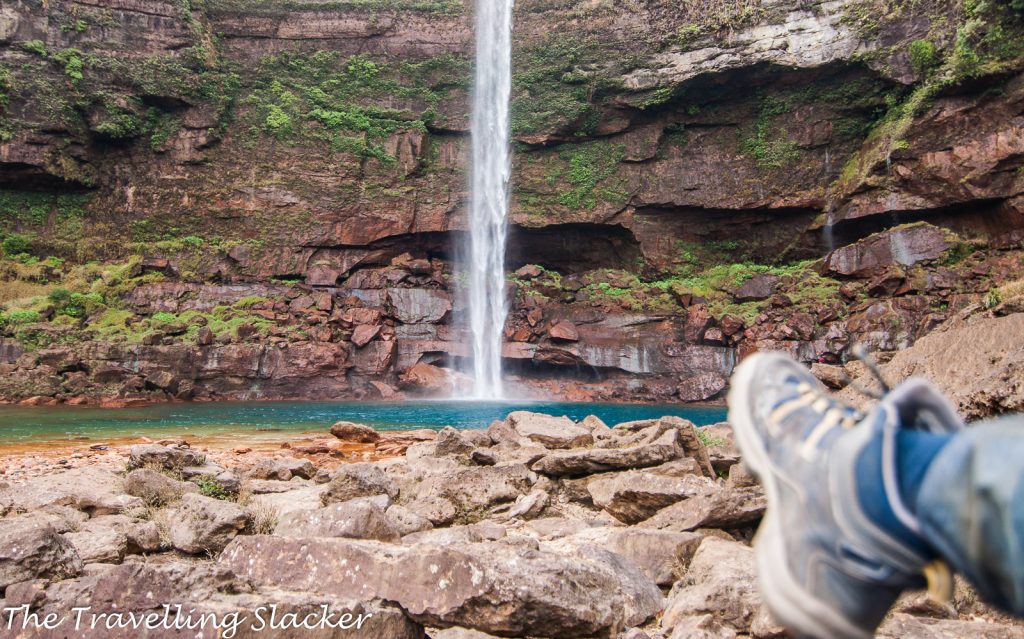The ongoing coronavirus pandemic is a crisis that has the potential to reshape our normal life forever. As we stay at home to be safe and away from the virus, this realization hits us- life won’t be the same again, or at least it can take a significant amount of time before we go back to normalcy. Some questions that continuously arise and are still left unanswered are – When will we travel again? How will we travel and what changes will the pandemic bring to our lives?
Will we travel again?
Of course! But it will take some time for the situation to normalize. While experts say that it will take 18 to 24 months before travel and tourism businesses reach normal levels again, slow domestic recovery should start in a few months. Initially, there may be some hiccups. Countries that lift the lockdown restrictions may have to impose them again due to a new wave of infections. Anyway, Italy has already declared that it will open up travel from June 3. And it seems like other countries in Europe like Germany, France, may follow suit. But in Asian destinations like Bali, India, Nepal, Bhutan, etc. travel may not resume normal services v=before October this year.
1 out of 10 people in this world have jobs dependent on travel. So for the economies to function normally, many countries may open up their boundaries earlier than expected for travel and tourism. Even if the countries are open to travel, it might still be risky to venture out. Most of the people all around the world have cancelled or reduced their travel plans for this year. There is hope that we will travel again. But we know that it won’t be the same.
Jump to Specific Queries
Post-COVID Travel Trends
Mandatory Health Cards and Insurance
You will not travel again, with just a passport and a visa. Most of the countries will make it mandatory that you have a health card or some document that proves you are immune to the virus. They may also recommend you have a good health cover included in the travel insurance. In any case, your health card will be mandatory check at the immigrations. Health cards maybe mandatory even for internal travel, especially for travel from epicentre of the pandemic (Red Zones) to less affected areas within the country.
Contactless Lifestyle
Everything from airport counter check-ins to luggage checks to immigrations will be contactless. Furthermore, we will have to practice social distancing in airport lounges, washrooms, sitting areas, shopping centers, cafes and restaurants and also in the immigration lines. You will probably see a lot of sanitizer dispensers at places around the airport. And even if you travel by other means of transport, like trains, buses, etc. it will still be the same. Contactless checkups and social distancing will be the new normal. This contactless lifestyle will be mandatory for hotels and restaurants too.
Decline in Business Travel
Business Travel was important for the proper functioning of the organization. Face to face meetings were necessary for better relationships and trust-building. Now with lockdowns employees within the same city are using Skype or Zoom calls for communication and meetings. Business Travel will drop or see a huge change in the new world. We are about to realize which meetings could have been emails or video calls.
Day Trips, Quick Detours, and Local Backyard Travel
Day trips to places near your homes and local travel will be on the rise post-COVID because for such trips you won’t require a hotel stay and such visits can be totally contact-less if you have your own vehicle. Take this as an opportunity to know your own backyard and let it surprise you. You should be making a list of places to visit near your city after the lockdowns ease off.
Also Read: Unexplored Places in Delhi
Slow Travel, Staycations, Workcations
Slow travel will be on the rise. Especially if you can afford it and have the time, staying at a place for a little longer instead of rushing into the populous tourist hotspots will be a more attractive proposition. Also, with the increase in remote, work-from-home trends, some people may prefer to shift base to exotic places and work from there instead of staying in risky and congested cities, thus developing a new trend of Worckation.
Offbeat Destinations
Everyone will be looking for offbeat places to visit, rather than the usual crowded places. The mountains will be preferred over the cities. People will also look for offbeat places within their own city. New destinations that were never experienced before may be found now. Popular destinations will surely be avoided by wiser travellers.
Self Driving Vehicle Rentals, RVs, Motorhomes
Self-driven vehicle rentals will increase as this will help people avoid too much contact with other people. Similarly, RVs (Motorhomes) are already popular in some countries but will grow in other places too as they also help you go contact-less. At least those who can afford will definitely explore such options in the near future.
Travel Deals and Discounts
Many companies in the travel industry will give huge discounts to push forward the first customers to travel again. If you are brave enough, then be prepared for the cheapest trips of your life. And if you are the one who would wait until the first few explorers travel, you will still get good discounts or deals later on. Travel will be cheaper than ever before. But don’t ask me about safety!
Questions Yet To Be Answered
- Will public transport be safe again? Or should we just prefer private transport?
- Will eating out at hotels and street food be safe again? Or should we cook our own food even while travelling?
- Will air travel be safe again? If yes, how will they maintain social distancing and good air quality inside the aeroplanes?
- Will it be safe to stay in sanitized hotel rooms? If yes, how can we ensure it is properly sanitized?
- Will it be safe to visit popular tourist attractions? If yes, what measures should be taken to ensure safety?
Precautions for Travellers
While choosing the destination, try to choose places where good food and pure water is available along with hygiene and sanitization and good medical care facilities. Don’t choose places that are not well connected or ones which do not have proper medical care facilities. If you have any existing illness, it is best to stay at home, until a proper cure or vaccine is found. Before planning to visit a place, just check the news or recent events related to that place beforehand. Keep your plans flexible.
Before stepping out, have your masks on, and your sanitizers handy. At last, I would say it’s better to be safer, than sorry. Don’t take unnecessary risks. The governments around the world will cease or ease out the lockdowns, but that doesn’t mean the threat of Coronavirus does not exist. We have to adapt and learn to live with the virus.
This is a guest post by Shraddha Maheshwari, who is a travel blogger from India who frequently writes about her experiences on her blog Shepherd Traveller. Apart from paragliding, bird watching, and hiking in the mountains, she also loves watching sunrises. You can connect with her on Instagram @shepherdtraveller.



